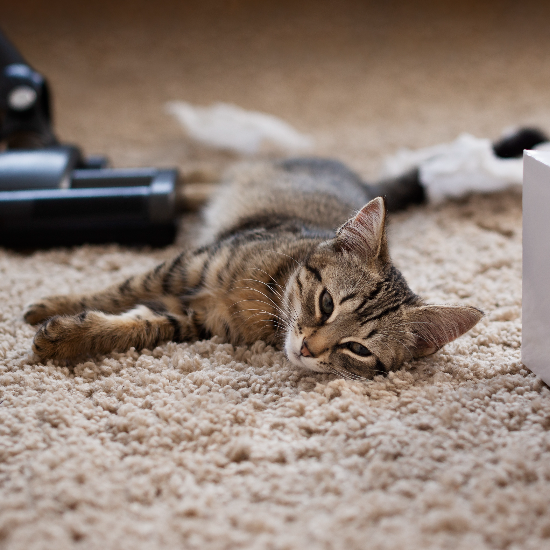Hudson Animal Hospital: Trusted Veterinarian in New York
Seizures are a neurological condition that can affect cats of any age. Cat owners facing the distressing experience of watching their pet have a seizure often feel helpless and uncertain about how to respond.
Hudson Animal Hospital has released a detailed guide addressing what to do if your cat has a seizure, offering critical information for feline owners across New York City. In their guide, these veterinary professionals will explain what to do if your cat has a seizure.
Understanding Feline Seizure Symptoms in New York City
Knowing what to do if your cat has a seizure begins with recognizing the warning signs. Feline seizure symptoms vary depending on whether cats experience focal or generalized seizures. Focal seizures affect only part of the brain and may cause facial twitching, strange head movements, unusual vocalizations, or drooling.
Generalized seizures occur in three distinct stages:
Pre-ictal stage: Cats may appear nervous or seek attention from their owners before a seizure.
Ictal phase: Full-body shaking occurs as cats fall to one side, lose consciousness, and may lose bladder control.
Post-ictal stage: Following the seizure, cats often appear disoriented and confused.
What To Do When Your Cat Is Having a Seizure
Knowing what to do if your cat has a seizure can prevent additional injuries. The main priority is keeping the cat safe during the episode, so pet owners should move the cat to a safer location if it is on an elevated surface, such as a window perch, or near a staircase. Wrapping them in a towel allows for careful relocation.
Seizure first aid for cats requires giving them adequate space during the episode. Owners should resist the urge to comfort their pets during active seizures, as seizing cats may bite unintentionally. Monitoring from a safe distance allows owners to time the seizure duration, which veterinarians need for diagnosis.
Recording seizure length is crucial for emergency veterinary care decisions. Most seizures last under two minutes, but episodes extending beyond five minutes require immediate professional intervention. Pet owners in New York City should contact their veterinarian after any first-time seizure.
Post-Seizure Recovery and Ongoing Care
Post-seizure recovery begins once cats regain consciousness. Owners can provide comfort by gently petting their cat and offering fresh water and food; cats often experience increased hunger and thirst following seizures. Monitoring behavior during recovery helps identify whether additional emergency veterinary care is necessary.
A veterinarian in New York will conduct a neurological evaluation using blood tests and imaging scans to determine seizure causes. Common triggers include exposure to toxins, low blood sugar, brain tumors, and epilepsy. Anticonvulsant treatment may consist of medications, depending on the animal's underlying conditions.
About Hudson Animal Hospital
Hudson Animal Hospital provides comprehensive veterinary services for furry patients experiencing cat illnesses and neurological emergencies across New York City. Their experienced team offers diagnostic testing, neurological evaluation, and anticonvulsant treatment plans for feline patients.
Seeking additional guidance on what to do if your cat has a seizure? Schedule an appointment at Hudson Animal Hospital by calling (212) 706-4088.




